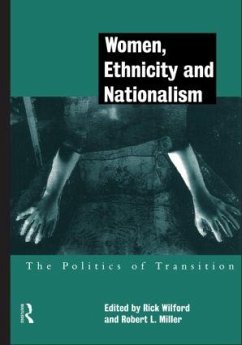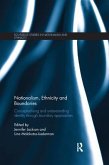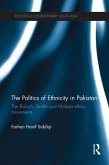Throughout history, women have become politically involved at crisis points only to be excluded once 'normalacy' has been achieved again. Movements and parties seeking to assert their territorial autonomy and political independence have commonly employed the ideas of ethnicity and nationalism to consolidate the transition to new regimes. However, these transitions exert differential gender effects, within both dominant and subordinate communities, which have implications for the status of women. This volume focuses on those effects and the interaction of gender with ethnicity and class during periods of transition in a number of divided societies. Each author provides a contemporary case study of a divided society - in Northern Ireland, South Africa, the former Soviet Union and Yugoslavia, Yemen, Lebanon and Malaysia - and discusses the situation of women. They assess whether transition in these societies provides new opportunities for women, or instead, creates new burdens and obstacles for them. Rick Wiford Queen's University Belfast; Robert Miller Queen's University Belfast; Rosalind Marsh University of Bath; Sheila Mientjes Unviversity of Witswaterand, South A
Women, Ethnicity and Nationalism asks whether societies caught in political or social transition provide new opportunities for women, or instead, create new burdens and obstacles for them. Using contemporary case-studies, each author looks at the interaction of gender ethnicity and class in a divided society. The varying experiences of women are discussed in the following countries: Northern Ireland; South Africa; the former Soviet Union and Yugoslavia; Yemen; Lebanon and Malaysia.
Hinweis: Dieser Artikel kann nur an eine deutsche Lieferadresse ausgeliefert werden.
Women, Ethnicity and Nationalism asks whether societies caught in political or social transition provide new opportunities for women, or instead, create new burdens and obstacles for them. Using contemporary case-studies, each author looks at the interaction of gender ethnicity and class in a divided society. The varying experiences of women are discussed in the following countries: Northern Ireland; South Africa; the former Soviet Union and Yugoslavia; Yemen; Lebanon and Malaysia.
Hinweis: Dieser Artikel kann nur an eine deutsche Lieferadresse ausgeliefert werden.








